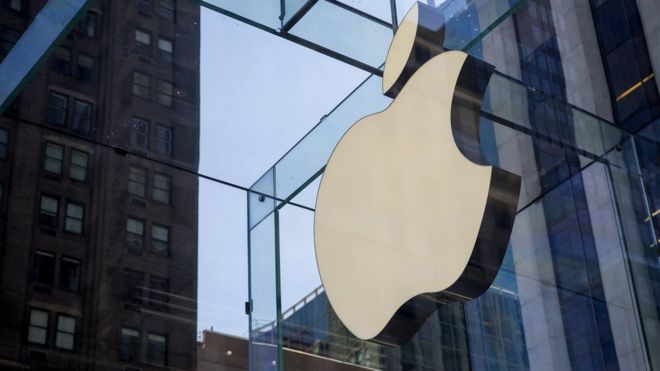As characteristic of its corporate fighting spirit, Apple has filed an appeal against the historic European Union ruling that demands it to pay up to €13bn (£11bn) in back taxes in the Republic of Ireland.
In August, the EU ruled Apple's tax arrangements in Ireland were illegal, and called for the record penalty. In response, the tech giant says it has been singled out and was "a convenient target".
Ireland is also challenging the decision, claiming that EU regulators were meddling with her national sovereignty. In an extensive statement released earlier, the tech giant pointed out that it was the largest taxpayer in the world, the US and in Ireland. It said if the EU ruling went against it, it would amount to the company paying 40% of all corporate taxes received in Ireland.
Apple also said it paid a 26% tax rate on its worldwide earnings, but claimed it was right that most of that are paid in the US. "Because our products and services are created, designed and engineered in the US, that's where we pay most of our tax... this case has never been about how much tax Apple pays, it's about where that tax is paid."
The company’s European headquarters are located in Ireland - where the standard rate of corporate tax is 12.5%. But in August this year, the European Commission said that Ireland had enabled the company to pay considerably less than other businesses, as a result paying a rate of no more than 1%. On Monday, in a highly unequivocal statement issued by its finance ministry, Ireland said the European Commission had "misunderstood the relevant facts and Irish law". The ministry further claimed that, "Ireland did not give favourable tax treatment to Apple - the full amount of tax was paid in this case and no state aid was provided". It asserted that "Ireland does not do deals with taxpayers."
Speaking to the news agency Reuters, Apple's general counsel Bruce Sewell said the commission had disregarded tax experts brought in by Irish authorities.
In his own words, "Apple is not an outlier in any sense that matters to the law. Apple is a convenient target because it generates lots of headlines".
In case of a possible defeat of its appeal, the record tax bill would largely not be a problem for the iPhone maker which recorded a net profit of $53bn in the 2015 financial year. In a series of developments around the Apple-EU fiasco, the company is not the only one targeted for securing favourable tax deals in the European Union. Just last year, the commission told the Netherlands to recover a stunning €30m (£25.6m) from Starbucks, while Luxembourg was ordered to retrieve a similar amount from Fiat.
Â





